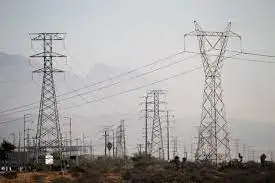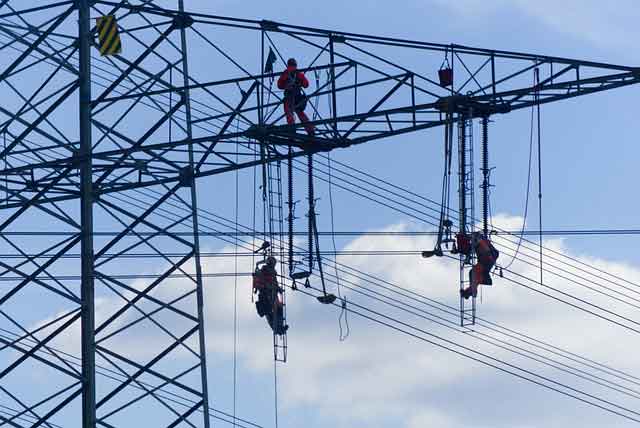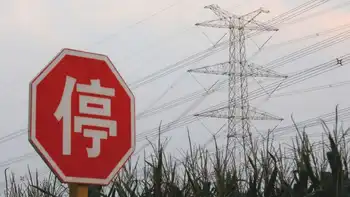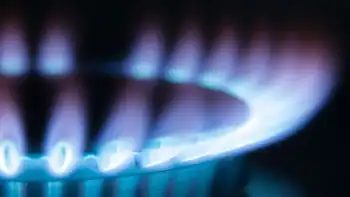Few volunteering to cut emissions: U.S. watchdog
By Associated Press
CSA Z463 Electrical Maintenance -
Our customized live online or in‑person group training can be delivered to your staff at your location.

- Live Online
- 6 hours Instructor-led
- Group Training Available
The Environmental Protection Agency's Inspector General's Office said industry's unwillingness to participate and unreliable data that casts doubt on claimed reductions are hindering efforts to control some of the most potent greenhouse gases from aluminum smelters, landfills, coal mines and large farms.
At best, the 11 different programs, all but one of which were launched during the Clinton administration, would achieve a 19 per cent reduction in methane, sulfur hexafluoride and other non-carbon dioxide greenhouse gases projected to come from those industries in 2010, the EPA IG's office said in a report.
The report does not cover efforts to address the most plentiful greenhouse gas – carbon dioxide – or the biggest sources of it, transportation and electric power plants.
"If EPA wishes to reduce greenhouse gas emissions beyond this point, it needs to consider additional policy options," the report said. Persuading companies to spend money on optional activities "presents a significant challenge to using voluntary programs as the current solution to reducing greenhouse gases.''
The Bush administration has been relying largely on the voluntary programs to reduce carbon intensity – the ratio of greenhouse gas emissions to economic output – by 18 per cent by 2012. That goal would slow the growth of greenhouse gases, but not actually reduce them.
The White House has rejected using existing law to regulate greenhouse gases from motor vehicles and smokestacks despite a Supreme Court decision last year saying it could do so.
President Bush and other world leaders at last month's G-8 summit in Toyako, Japan, made a commitment to a voluntary 50 percent reduction in greenhouse gases worldwide by 2050 but offered no specifics on how to do it.
"We will not solve the global warming problem without an across-the-board mandatory program that every polluting company has to participate in," said David Doniger, director of the Natural Resources Defense Council's Climate Center.
The White House said that the nation is "well on track to meet, if not exceed" the 18 per cent reduction in carbon intensity. It said mandatory measures such as higher fuel economy requirements for new cars, SUVs and light trucks will help.
Paul Gunning, who heads EPA's voluntary programs for reducing global warming gases other than carbon dioxide, said a 19 per cent reduction is a testament to the programs' success.
"It is important to recognize that the design of these partnership programs is largely focusing on what is cost effective to do," Gunning said. "To the extent that someone wants to go beyond that, you will have to look at other mechanisms.''
Some industries the report criticized for not participating in the voluntary programs said they were waiting for Congress to pass legislation.
"We are not on the side of the disbelievers or on the side of those that say do little," said Luke Popovich, a spokesperson for the National Mining Association. "Let's get a solution that works.''











